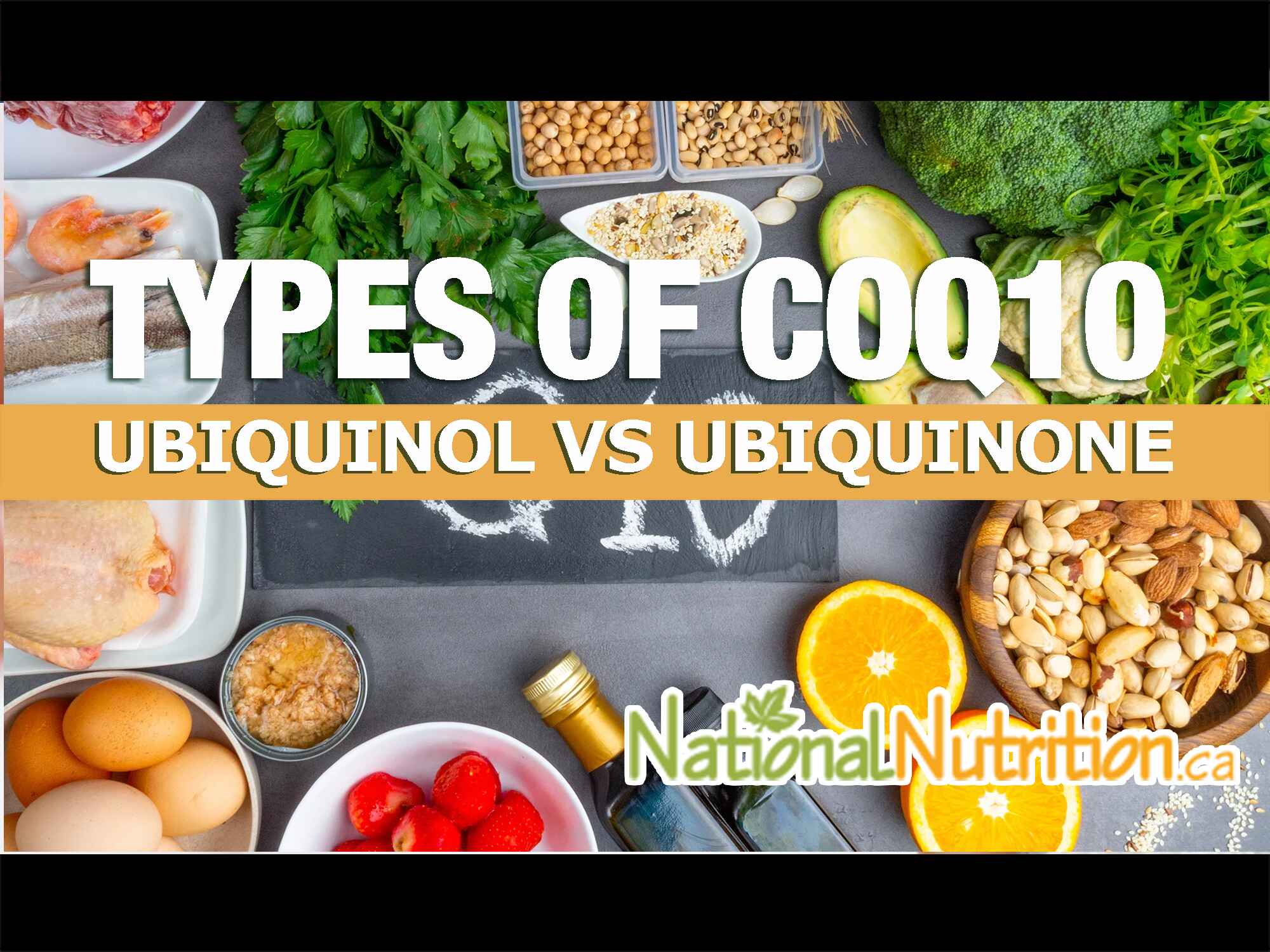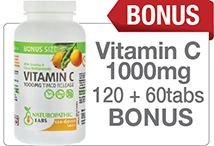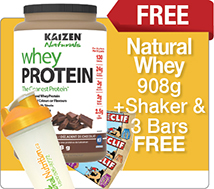
Ubiquinone vs Ubiquinol
Updated Jul. 10th, 2023 | Read Time: 5 Minutes | What You Will Learn:
- What is CoQ10?
- Why Supplement with CoQ10: Ubiquinone vs Ubiquinol?
- Ubiquinol vs Ubiquinone
- CoQ10 Recommended Doses
- What to Look for When Buying Q10 Supplements
- FAQs
- References
One of the most commonly asked questions about ubiquinol vs ubiquinone and CoQ10 is, "What's the difference?" It's helpful to have a basic understanding of how these ingredients work and what they do. The simple answer is that CoQ10 converts into ubiquinol when it enters your bloodstream, but there's more to it than that.
In this post, we'll go over the two types of CoQ10, ubiquinol vs ubiquinone, and what exactly makes them different from each other and how these ingredients can benefit your health. Lastly, we will cover why you should choose one over the other for your supplement needs. But first, let's learn what CoQ10 is and why you need it.
What is CoQ10?
CoQ10 is a fat-soluble, vitamin-like antioxidant. It is found in every cell in your body. More specifically, CoQ10 is found in the mitochondria, which are the "powerhouse" of the cell.
Coenzyme Q10 is required in the inner mitochondrial membrane to convert carbohydrates and fats into ATP, which is the form of energy used by cells. ATP is necessary for many bodily processes, muscle contraction and protein production being some of them.
Coenzyme Q10 is a powerful antioxidant that your body makes naturally, but production slows down after the age of 35. Studies have shown that as many as 75% of people may be deficient in coenzyme Q10.
Why Supplement with CoQ10: Ubiquinone vs Ubiquinol?
Although you can find CoQ10 in some foods, food sources of coenzyme Q10 do not provide enough of the substance to meet your daily needs. It is estimated that the average person's daily dietary intake of CoQ10 is between 3 and 6 milligrams. But therapeutic intakes of CoQ10 are usually at least 100 milligrams per day. To put this in perspective, to get 100 milligrams of coenzyme Q10, you would need to eat 5.5 pounds of beef liver, 20 pounds of white mackerel, or 37 pounds of broccoli.
This is why it is helpful to supplement with this valuable nutrient. It supports heart health, high blood pressure, circulation, and side effects due to the use of statin drugs; it also acts as an antioxidant to support the aging process. However, there are two different forms that you could choose, and which one you choose will make a difference in how it is absorbed by your body.
Ubiquinol vs Ubiquinone
Both ubiquinol and ubiquinone are considered "true" forms of CoQ10, and they're the forms of this nutrient that you will often see on store shelves. Here's what makes them different:
Ubiquinone is the oxidized form of CoQ10, while ubiquinol is its reduced counterpart.
However, ubiquinone must be converted to ubiquinol for it to be fully bioavailable. After the age of 40, and for those with health concerns, this conversion becomes harder to make.
Ubiquinol, on the other hand, is better absorbed than its oxidized counterpart because it's already been converted into its active form.
When to Use Ubiquinone
Most naturopaths and nutritional doctors will recommend standard ubiquinone CoQ10 over the biologically active ubiquinol for their patients taking Q10 as a daily nutritional supplement.
When to Use Ubiquinol
Ubiquinol, the therapeutic form of coenzyme Q10, is preferred by practitioners because it acts as an antioxidant to protect against free radical-induced damage to DNA, lipids, and proteins. Here are some situations where a ubiquinol supplement is preferred:
- Aging: Older adults generally have increased production of free radicals, suboptimal antioxidant defenses, and a decreased ability to replenish CoQ10, which is why supplementing with ubiquinol is preferred. In one double-blind, randomized crossover trial, ten older men were randomized to consume either ubiquinol or ubiquinone supplements for 2 weeks. After supplementation with ubiquinol, plasma CoQ10 status significantly increased over the ubiquinone supplement.
- Health concerns: Ubiquinol is beneficial for patients with heart problems, fibromyalgia, and aging. For those who have health concerns, it is harder to synthesize ubiquinone into ubiquinol after the age of 40. A small study found that volunteers taking ubiquinol had better absorption than those taking ubiquinone after four weeks.
CoQ10 Recommended Doses
At one time, lower doses of CoQ10 were the norm. Nowadays, most people take 100 mg or more of CoQ10. A typical CoQ10 dosage is 30 to 90 mg per day, taken in divided doses, but the recommended amount can be as high as 300 mg per day. This will depend on your practitioner's recommendations.
Because ubiquinol is more bioavailable than other forms of CoQ10, it can be sold in lower doses. You can take half the dose of ubiquinol as you would with other forms of CoQ10. For example, if you want 100 mg of CoQ10, you can take 50 mg of ubiquinol, although most practitioners recommend starting with 100 mg of ubiquinol.
What to Look for When Buying Q10 Supplements
Whether you choose to take ubiquinone or ubiquinol, there are plenty of formats available to you, from gummies to capsules to liquids and skin creams. For a therapeutic dose, gummies are not the best choice since they contain a lower dose than other formats. Hard gel capsules don't contain an oil base that helps make your CoQ10 supplement more bioavailable.
Both ubiquinol and ubiquinone are best taken in a softgel capsule. As a fat-soluble nutrient, CoQ10 is best absorbed by the digestive system in an oil base. This allows it to be transported across cell membranes in the villi of the gut lining, giving it superior activity as a result. Softgel capsules are the only capsule format that permits an oil base.
CoQ10 is a costly supplement, so you will want to ensure that you are buying an effective product for your money. Look for a Canadian brand when buying CoQ10.
FAQs
How Does Coenzyme Q10 Work?
Coenzyme Q10 is a fat-soluble nutrient that acts as an electron carrier. It plays an important role in many aspects of human health and well-being, including energy production at the cellular level. It is also an antioxidant, which means it helps protect your cells from damage caused by harmful free radicals.
What are Q10 Deficiency Symptoms?
If you are experiencing any of the following symptoms, it could be a sign that your CoQ10 levels are too low: any form of heart condition or disease, including high blood pressure, angina, atherosclerosis, or heart failure; muscle weakness and fatigue; headaches; or depression and memory problems.
References
https://pubmed.ncbi.nlm.nih.gov/16919858/
https://pubmed.ncbi.nlm.nih.gov/30302465/
https://www.ncbi.nlm.nih.gov/pmc/articles/PMC7278738/
https://www.ncbi.nlm.nih.gov/pmc/articles/PMC3661336/






















CoQ10 is well known in the medical world but doesn't get enough love in the popular press, I feel. No wonder up to 75% of people are "deficient" (that said, I am interested in what criterion was used for deficiency here). Thank you for this article to share some practical information about ubiquinone and ubiquinol; it makes sense that especially with age ubiquinol is preferred-redox is vital for all kinds of biological processes and with age, the body's redox balance is disturbed.
Hello Rachel,
You're absolutely right! CoQ10 is indeed a remarkable nutrient. We're glad to hear that you found our article helpful in shedding light on ubiquinone and ubiquinol, and their significance, particularly as we age. Maintaining a balanced redox state is indeed crucial for various biological processes, and disruptions can occur as we get older. It's great to see individuals like yourself actively seeking practical information about CoQ10 and its impacts on overall health.
If you'd like to learn more about other potent antioxidants, check out this article as well, https://www.nationalnutrition.ca/articles/supplements/antioxidants/
Happy learning!